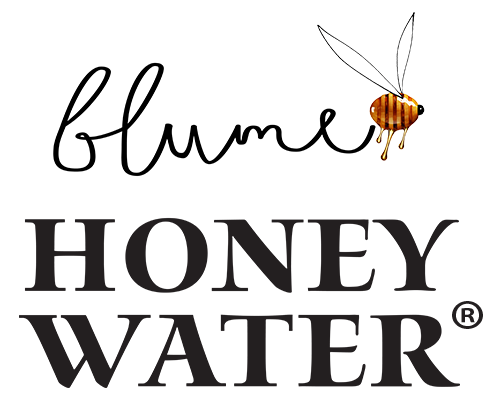Don’t Be Too Tidy During Fall Cleanup
It’s that time of year again: till the garden, rake the yard, cut down dried flower stalks and deadhead the perennials. But wait! Working the gardens too hard after they’re finished can be detrimental to the bees and other pollinators who rely on some of the dregs of a garden for their overwinter nesting and spring prep.
Some gardeners swear by leaving top growth on a garden even after it fades in October but wild bees won’t have much use for these unless stems have been cut so bees can gain access to the open stems. One of the easiest ways to clean up a garden bed is to simply cut off all the plants between six and twelve inches in the fall which leaves an array of open stems for bees to choose from in the spring for nests or housing.
In the spring, those old stalks will soon be covered by new growth. While it’s true that curb appeal may suffer a bit, it has become increasingly more urgent to protect the dwindling insect pollinator population than win the most perfect yard award.
“Sometimes it’s hard to make the connection with the insects you see in the garden in the warm months with the dried litter remaining when it cools, but it’s important to keep that structure going through winter,” said Deborah Landau, a conservation ecologist with the Maryland/D.C. chapter of the Nature Conservancy.
Such structure includes standing stalks of dead plants, especially under flower heads, where butterflies seek shelter. It also includes layers of leaf litter that collect to protect larvae, egg masses, hibernating wild bees, dormant spiders and many other beneficial insects.
Pollinator cautions aside, which autumn landscape chores are most important, and which can safely be left until spring?
Brush piles are great wintertime protection for a variety of wildlife species, and the more you can leave them untouched, the better, she said. “Otherwise, you might unearth or squash insect larvae.”
Consider giving yourself a break and your pollinators a paradise by leaving all or some or at least a corner of your property relatively untouched during fall cleanup. The bees will thank you!

